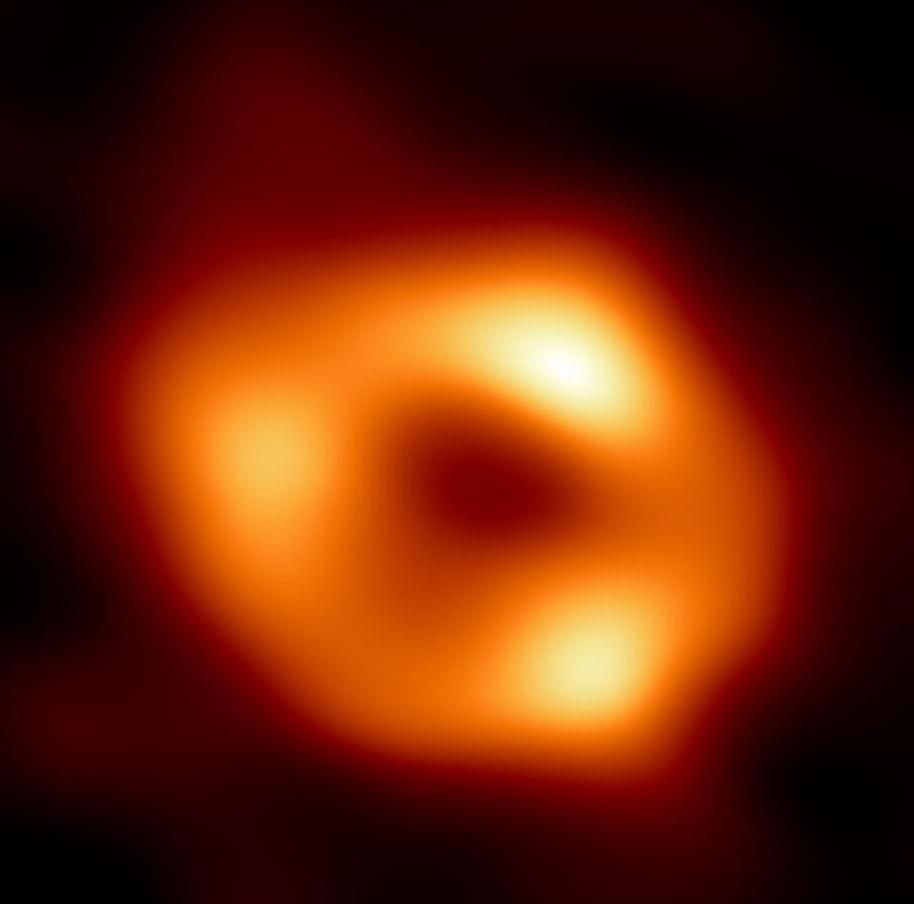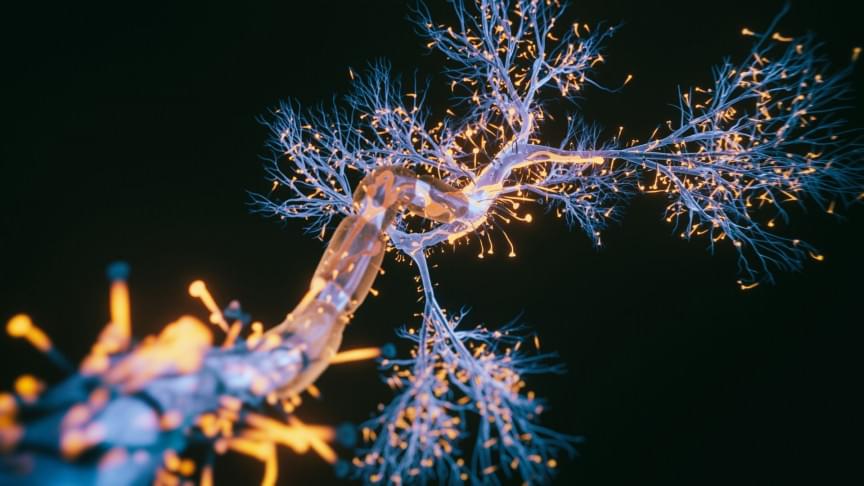COVID-19 may prove to be just the first in a series of pandemics throughout the 21st century – unless humans drastically improve their relationship with animals and the natural world.
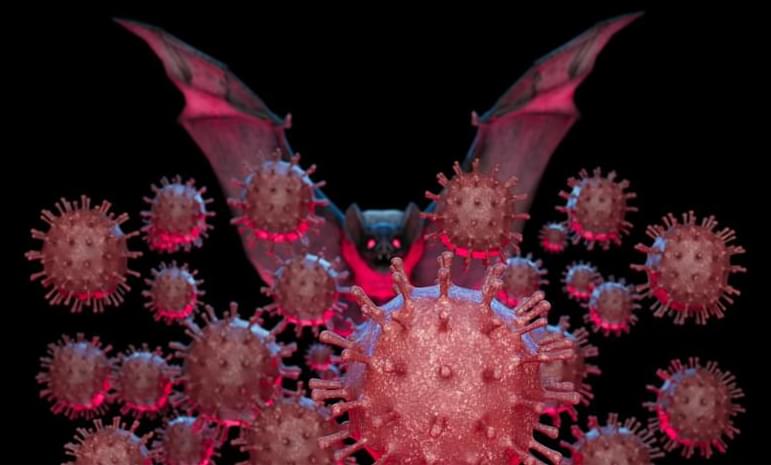

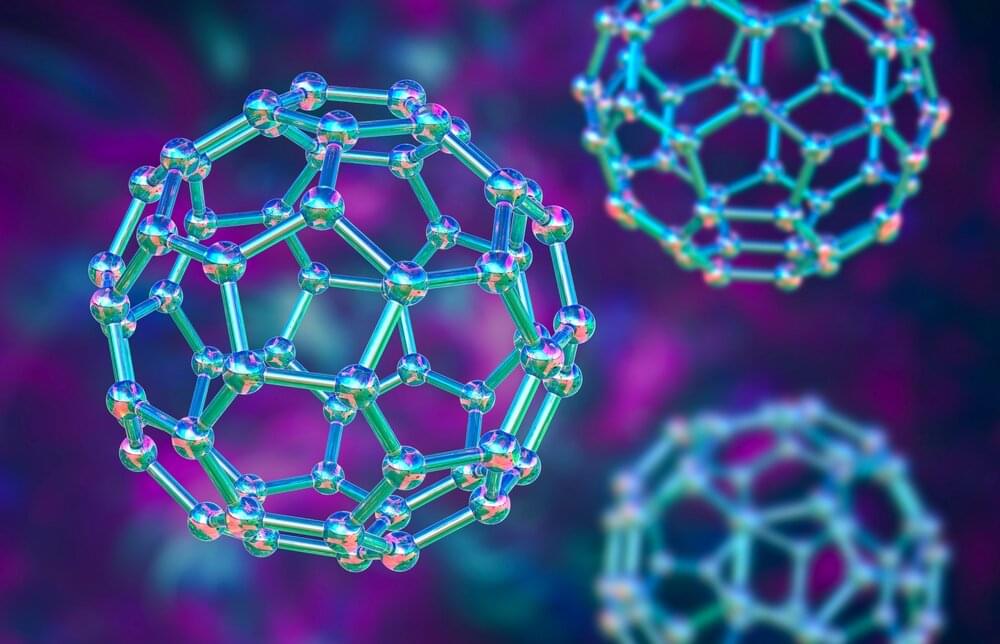
Russian scientists have synthesized a new ultra-hard material consisting of scandium containing carbon. It consists of polymerized fullerene molecules with scandium and carbon atoms inside. The work paves the way for future studies of fullerene-based ultra-hard materials, making them a potential candidate for photovoltaic and optical devices, elements of nanoelectronics and optoelectronics, and biomedical engineering as high-performance contrast agents. The study was published in Carbon.
The discovery of new, all-carbon molecules known as fullerenes almost 40 years ago was a revolutionary breakthrough that paved the way for fullerene nanotechnology. Fullerenes have a spherical shape made of pentagons and hexagons that resembles a soccer ball, and a cavity within the carbon frame of fullerene molecules can accommodate a variety of atoms.
The introduction of metal atoms into carbon cages leads to the formation of endohedral metallofullerenes (EMF), which are technologically and scientifically important owing to their unique structures and optoelectronic properties.
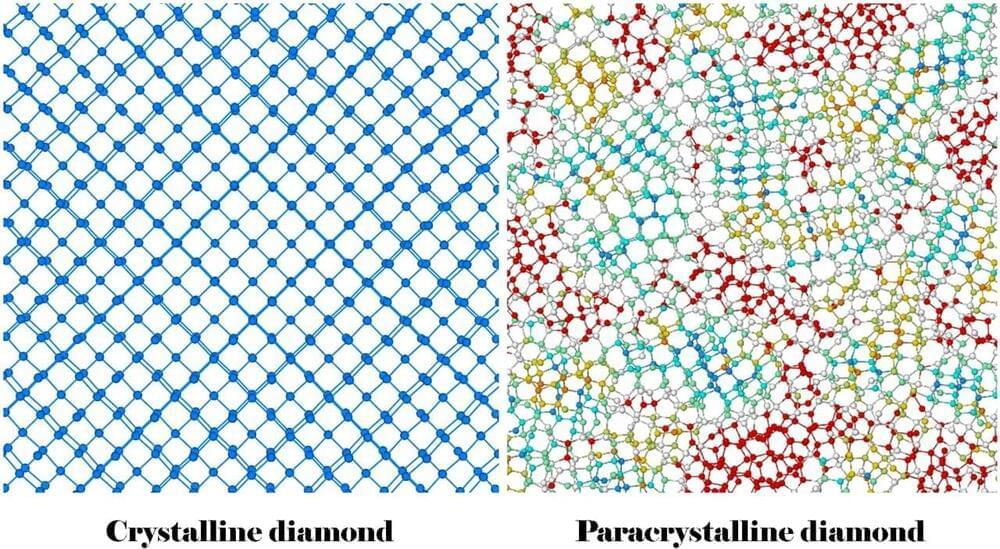
A team of researchers from China, Germany and the U.S. has developed a way to create a less fragile diamond. In their paper published in the journal Nature, the group describes their approach to creating a paracrystalline diamond and possible uses for it.
Prior research has shown that diamond is the hardest known material but it is also fragile—despite their hardness, diamonds can be easily cut or even smashed. This is because of their ordered atomic structure. Scientists have tried for years to synthesize diamonds that retain their hardness but are less fragile. The team has now come close to achieving that goal.
Currently, the way to create diamonds is to place a carbon-based material in a vice-like device where it is heated to very high temperatures while it is squeezed very hard. In this new effort, the researchers have used the same approach to create a less ordered type of diamond but have added a new twist—the carbon-based material was a batch of fullerenes, also known as buckyballs (carbon atoms arranged in a hollow spherical shape). They heated the material to between 900 and 1,300 °C at pressures of 27 to 30 gigapascals. Notably, the pressure exerted was much lower than is used to make commercial diamonds. During processing, the spheres were forced to collapse, and they formed into transparent paracrystalline diamonds which could be extracted at room temperature.
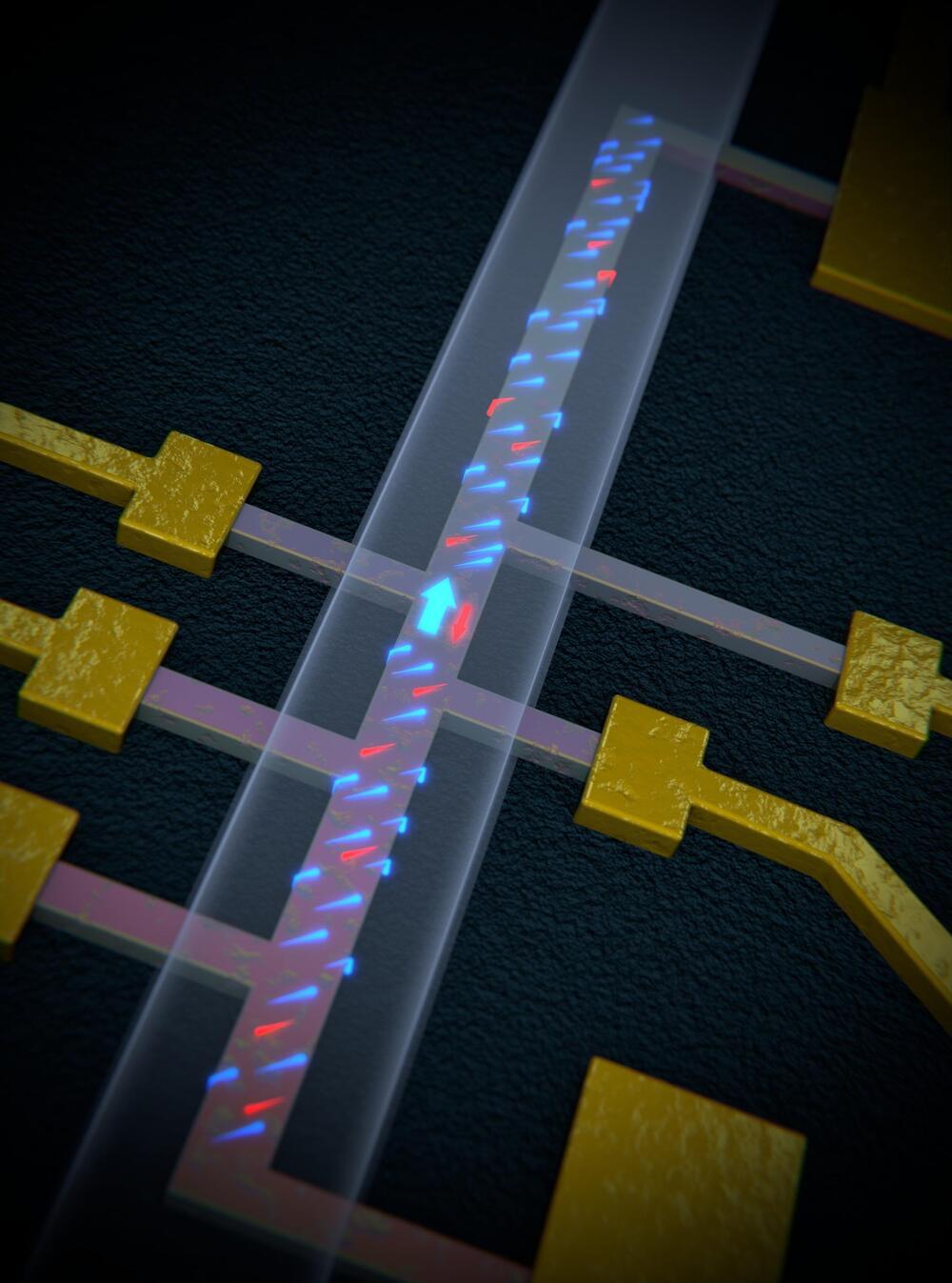
Very thin wires made of a topological insulator could enable highly stable qubits, the building blocks of future quantum computers. Scientists see a new result in topological insulator devices as an important step towards realizing the technology’s potential.
An international group of scientists have demonstrated that wires more than 100 times thinner than a human hair can act like a quantum one-way street for electrons when made of a peculiar material known as a topological insulator.
The discovery opens the pathway for new technological applications of devices made from topological insulators and demonstrates a significant step on the road to achieving so-called topological qubits, which it has been predicted can robustly encode information for a quantum computer.
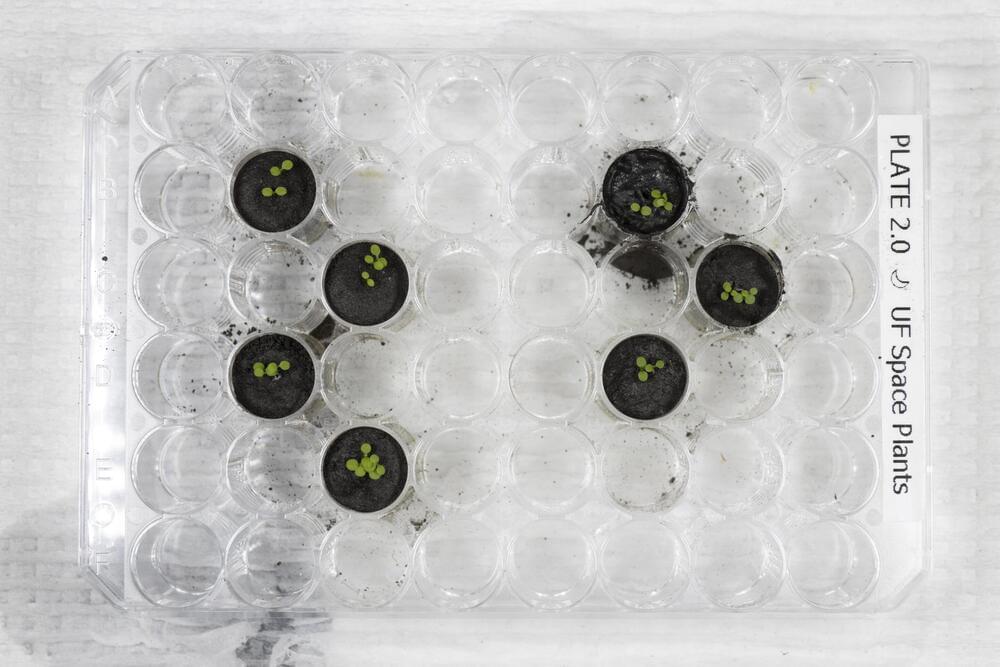
Scientists have grown plants in soil from the Moon, a first in human history and a milestone in lunar and space exploration.
In a new paper published in the journal Communications Biology, University of Florida researchers showed that plants can successfully sprout and grow in lunar soil. Their study also investigated how plants respond biologically to the Moon’s soil, also known as lunar regolith, which is radically different from soil found on Earth.
This work is a first step toward one day growing plants for food and oxygen on the Moon or during space missions. More immediately, this research comes as the Artemis Program plans to return humans to the Moon.
